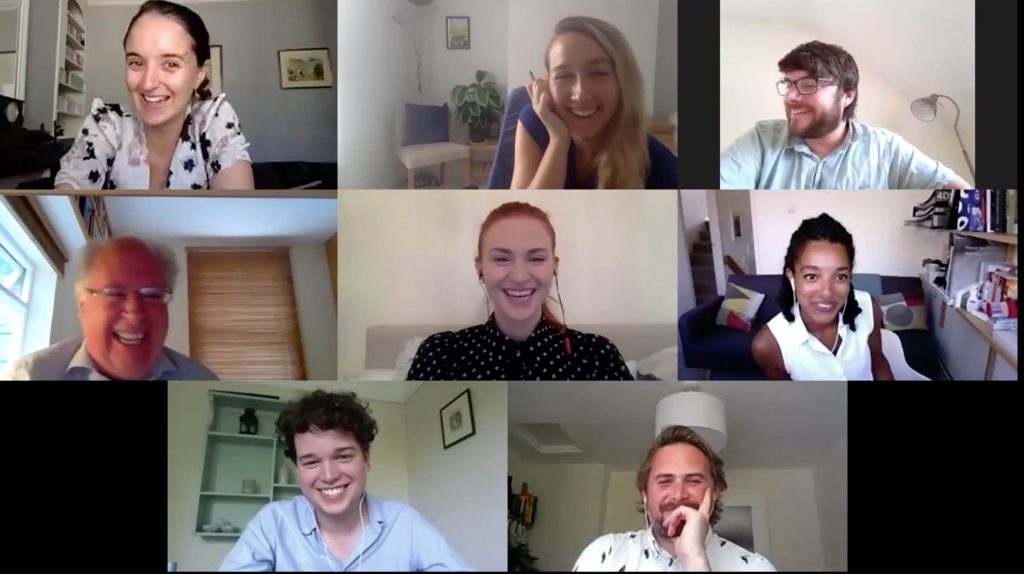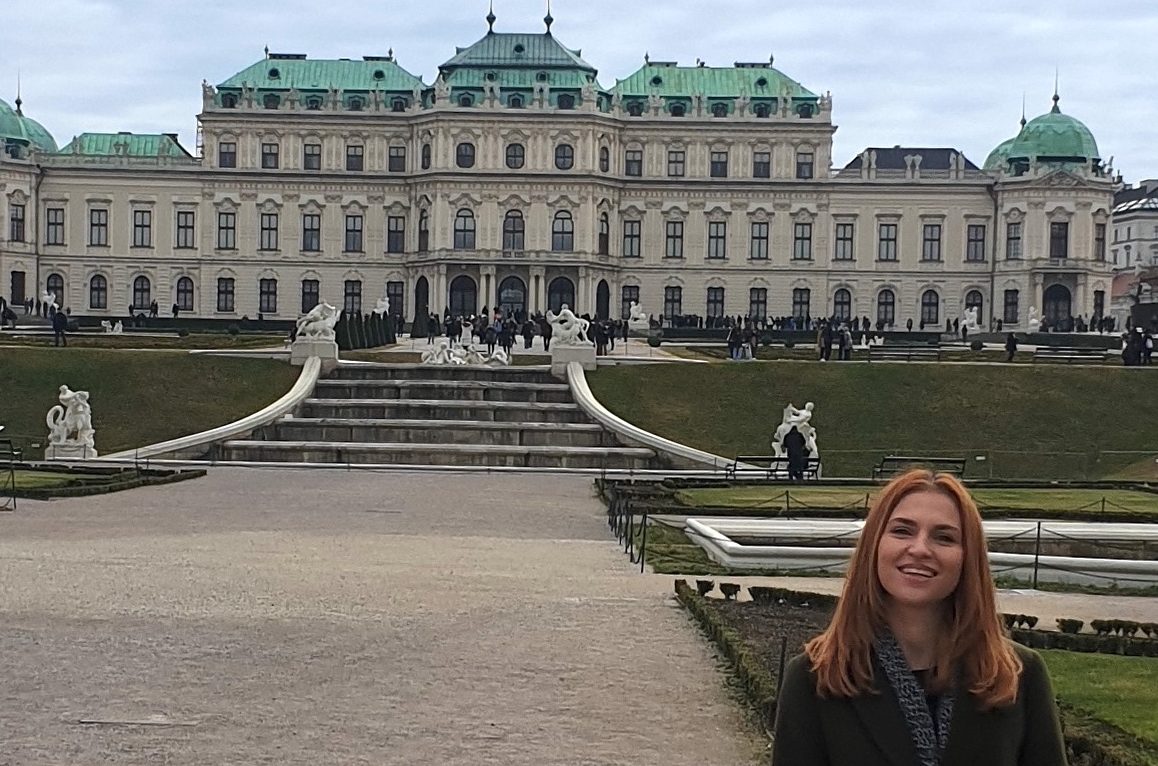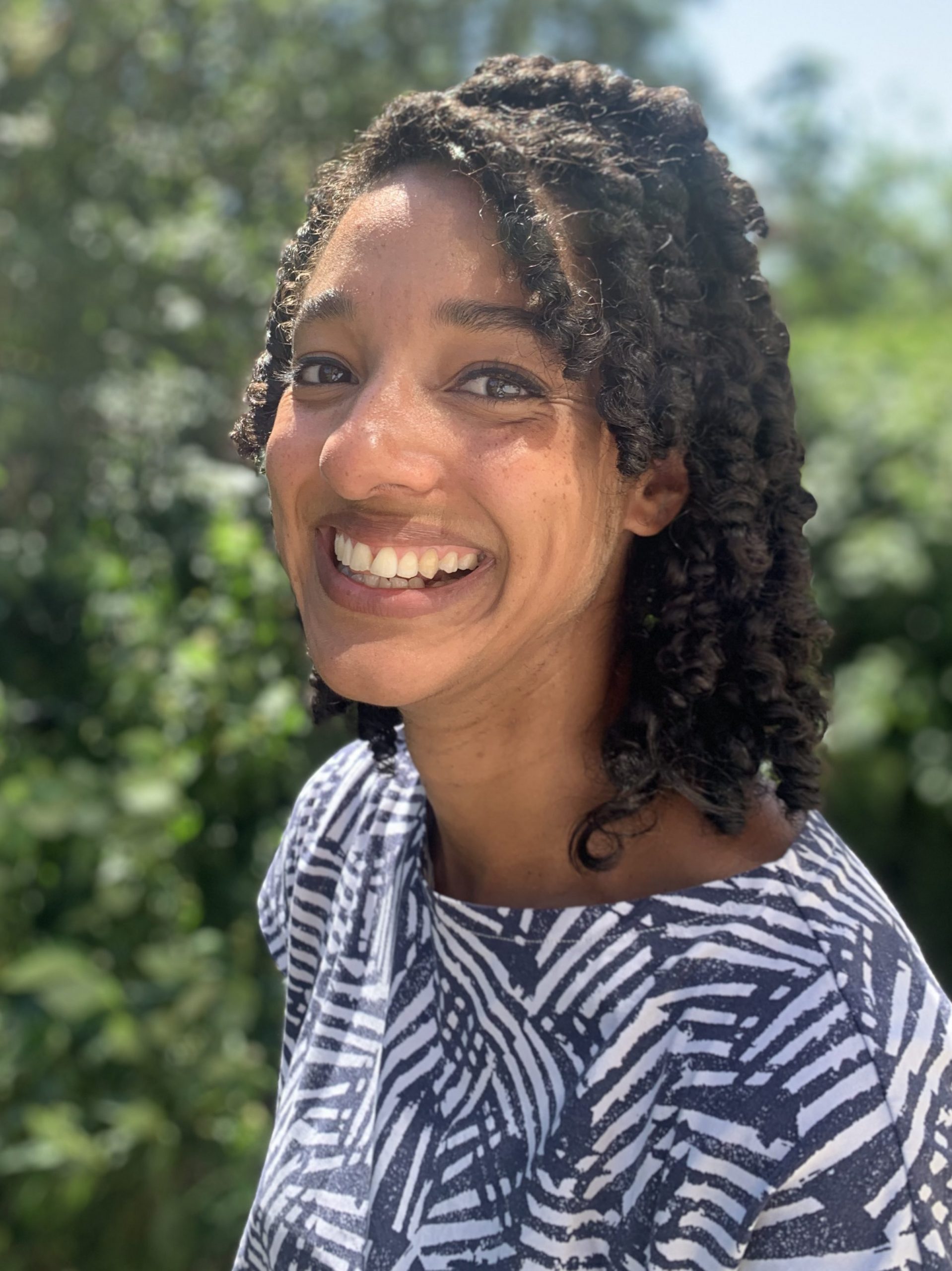By Annie Thwaite //
Dr Annie Thwaite is originally a historian of medicine, and her PhD explored the magical objects used for healing in early modern England. As well as time spent working as a Teaching Assistant in a London junior school, she has been involved in several different outreach and engagement projects. She joins the team in 2020-21 as Public Engagement Coordinator.

Over the next few months, SESC will be working with four secondary school history teacher consultants to make Key Stage 3 school resource packs based on our archival research. For those who might be unfamiliar with the project, SESC’s research focuses on how changes in secondary education after the Second World War can be used as a lens to explore wider processes of social change in the UK. Last week, the SESC team and the teacher consultants had their first workshop together to plan the school resource packs. Having just started as the Public Engagement Coordinator for the project, my main task is to assist the teacher consultants in formulating these packs. This post presents the aims of the school resource packs, and also introduces teachers who we are working with.
Each pack which will contain material for a Historical Enquiry roughly six lessons in length. The packs will be comprised of primary source material, historiographical debates, short videos of historians in discussion, and schemes of work that reflect current best practice. The aim is to make the resources to fit within the KS3 curriculum where there is a focus on core themes of post-war British history, and show how education and schooling helps us understand these themes in more detail. Twentieth-century British history, especially after 1945, is rarely taught in schools aside from exploring British involvement in international relations. This significant omission is a popular topic of recent discussion; for instance in blog post about A Case for a Compulsory Modern British paper at GCSE by Michael Fordham. SESC’s KS3 school resource packs hope to partly address this omission, also having the potential of being adapted for pupils in other year groups. The packs will additionally offer focus on the relationship between local and national histories, and develop pupils’ core subject skills.
A different theme will be covered by each individual pack, but they will all be connected by the same main research question:
‘In what ways do schools reflect change in the United Kingdom since 1945?’
Our aim is to make the packs as adaptable as possible, so that teachers can use the content to fit to fewer lessons if necessary, and can also mix and match between the different packs. The themes covered by each pack are:
- Race & ethnicity
- Class & social mobility
- Gender & sexuality
- Everyday school life
Each resource pack will also aim to incorporate religion in some way. The teacher consultants will draft the packs by December 2020, and then in early 2021 the SESC team will undertake workshops to trial the resource packs at different secondary schools across the UK. Eventually, they will be made free and permanently available online through the Historical Association, as well as through other teacher networks and across social media. Meet our history teacher consultants, who each work at four different schools across England:
Molly

My name is Molly Navey and I’m originally from Norfolk, where I completed all of my primary and secondary education. After A-Levels, I had a hunch I wanted to teach and studied History at Durham University before going on to work as a Graduate Mentor in a North East school for a year. I realised at this point I definitely wanted to go into teaching and completed my PGCE at the University of Cambridge in 2017 before completing a Masters in Education during my NQT year at Cambridge too. Since completing my training I have taught at Thomas Deacon Academy in Peterborough, where I have also mentored trainee teachers on the Cambridge PGCE for the last year. Over the past two years I have taken a particular interest in representation in the History curriculum, completing my Masters research on intersectional approaches to teaching Empire, and I hope to continue with this focus on representation throughout the project. From September, I will be teaching at Priory School in Lewes, East Sussex, which is where my work for this project will take place. I’m very much looking forward to getting started!
Andrew

I was born and educated in Middlesbrough in the North East of England. I attended my local primary school and then a City Technology College, which became Macmillan Academy during my time there. I read history at Gonville and Caius College Cambridge, specialising in early modern Britain and the early history of the United States. Graduating in 2012, I remained in Cambridge to study for the secondary history PGCE. I completed two placements at large secondary schools in Peterborough, and my assignments focused on students’ thinking around continuity and change. Since 2013, I have taught history and other humanities subjects in Northallerton, North Yorkshire. In September 2020 I will take up the post of Head of Humanities at Northallerton School and Sixth Form College. Alongside issues in history education, I take a keen interest in wider debates about curriculum and assessment and in the relationship between educational research and subject teaching.
Hannah

I am Head of History at a secondary school in south east London. I studied education policy at university as part of a degree in History and Politics and then trained with Teach First. I particularly enjoy researching and teaching about non-traditional and hidden histories, often focusing on issues of race and empire.
Jonny

I’m originally from Guildford and am currently a history teacher at Bottisham Village College, a comprehensive 11-16 school in Cambridgeshire. I read history at St Hugh’s College, Oxford, where my interests included architectural and cultural history, intellectual history, and late-medieval English history. I jumped the fence to Cambridge in order to complete a PGCE and Master’s degree in history education, the latter focusing on the philosophical assumptions about historical evidence held by secondary-age pupils. I enjoy mentoring trainee teachers within the university’s partnership, and have published my own research in Teaching History journal. I also write a blog entitled ‘Those Who Can’t Just Teach’; a light-hearted collection of historical schoolteachers who became interesting for reasons other than classroom proficiency.
Over the next few months we will be providing several work-in-progress updates, so you can follow the development of the school resource packs. Stay tuned!